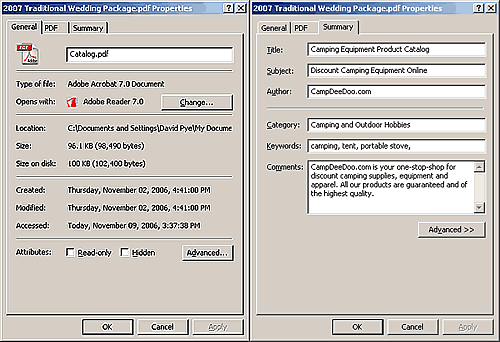Since I moved to Ottawa, Ontario a little over a year ago, I have met many talented industry peers. While comparatively small, the Ottawa SEO community is alive and well, and I am flattered to have been asked to co-host a Search/Web Marketing Seminar on Thursday, October 23rd. This will be the first of a series, costs about $40 dollars to attend and you can register online here.
Topics covered by the speakers will include paid online marketing and I personally will be prattling on about organic search engine optimization best practices. This first seminar is designed as an overview for beginner to medium skill levels, but you’ll be able to ask me any questions you want and we’ll be working live on actual attendee sites in the interests of practical examples – which I insist on.
Space is limited to 25 people and the seminar itself includes a cocktail hour afterwards. The whole shooting match is conveniently located at the offices of Cyan Solutions at 58 Arthur Street. Register or read more details if you like and I hope to meet some of you local folks there.



